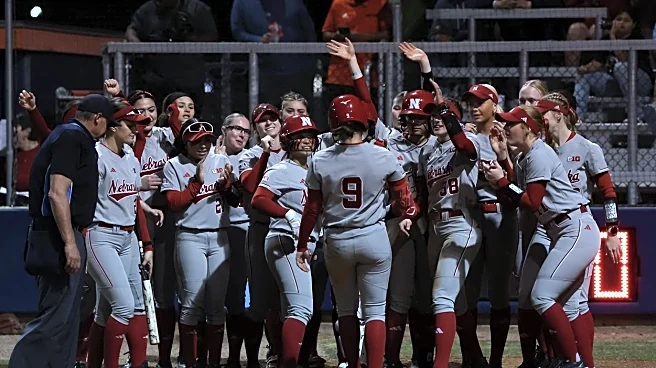What is the story about?
What's Happening?
A labor relations board has declared the ongoing strike by Air Canada's 10,000 flight attendants illegal, mandating their return to work by midday. Despite this order, the Canadian Union of Public Employees (CUPE) has announced its intention to continue the strike, citing the need for fair compensation for its members. The union argues that the government's decision to end the strike through binding arbitration infringes on their constitutional right to strike. CUPE has filed an application with the Federal Court of Canada to overturn the back-to-work order and plans to request an injunction to suspend the arbitration until the court reviews the case.
Why It's Important?
The strike and subsequent legal battle highlight significant tensions between labor rights and governmental authority in Canada. The outcome of this dispute could set a precedent for future labor relations, particularly concerning the right to strike and the use of binding arbitration. The situation affects not only the flight attendants but also Air Canada's operations and passengers, potentially leading to disruptions in service. The union's defiance of the order could result in severe penalties, including fines and jail time, which underscores the stakes involved for both the union and its members.
What's Next?
The union's legal challenge against the government's order will proceed, with the Federal Court of Canada expected to review the application. The request for an injunction to halt the return to work and arbitration orders is pending, which could temporarily maintain the status quo of the strike. The court's decision will be crucial in determining the next steps for both the union and Air Canada. Stakeholders, including passengers and other labor groups, will be closely monitoring the developments, as the case could influence broader labor policies and practices.
















